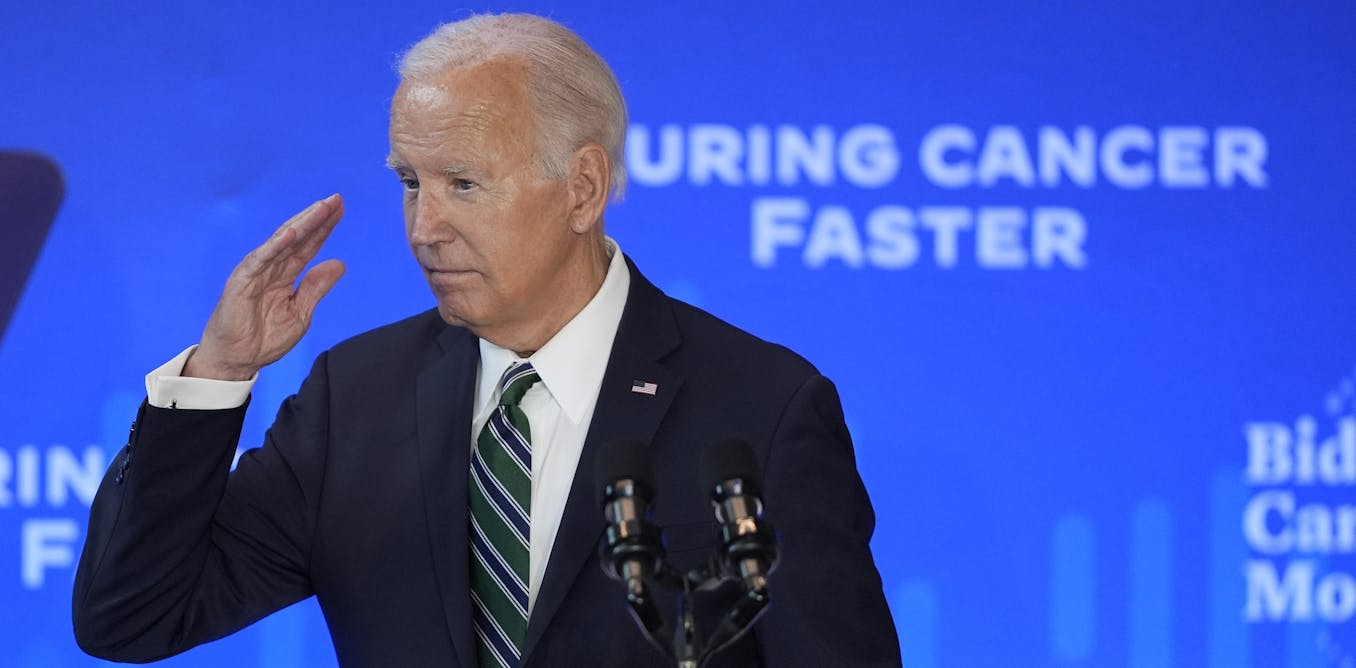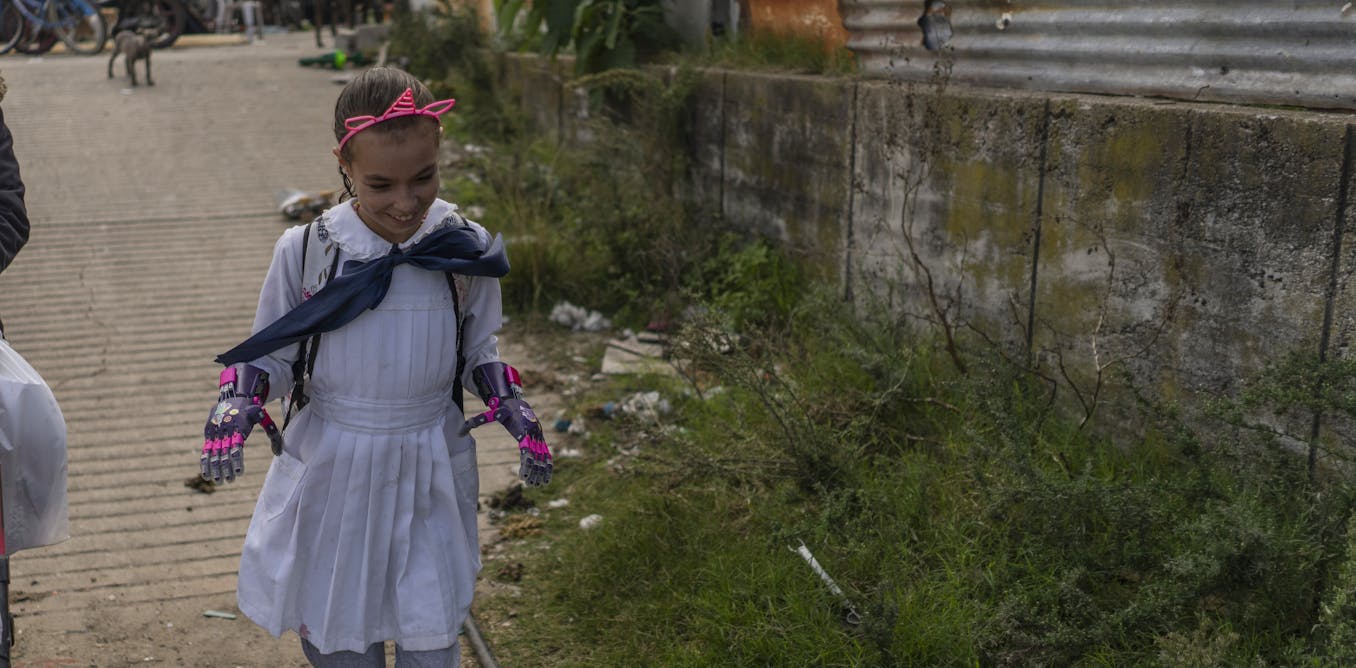A TEENAGER died of cancer after doctors mistook her symptoms for “university stress”, her mum says.
Isabel McEgan, 19, died in May 2020 after suffering symptoms including night sweats, heart palpitations, vomiting and extreme fatigue.
1
Her mum Amanda says she took Isabel, from Merseyside, to see a doctor several times in 2018 and 2019.
Amanda says she and her daughter were generally told the symptoms were due to university stress, the BBC reports.
A tumour was found in Isabel’s jaw while she was working as a camp counsellor in the United States in mid-2019.
Her mum said that Isabel came home and underwent a full body scan which found “cancer everywhere” which was “almost certainly invurable at that point”.
Amanda says she thinks Isabel’s symptoms should have warranted more concern from GPs who might not have understood that they indicated cancer.
The condition can present differently in younger populations.
Amanda was wants a poster – developed by the Children’s Cancer and Leukaemia Group (CCLG) – to be distributed to GP surgeries.
The graphic sets out how cancer can present in young people.
Amanda said: “I think if you’ve got teenagers who are presenting at GPs more than two, three times, that should immediately be a trigger that there must be something going on.
“Because the symptoms can be so random and also not appear too serious until you put them all together.”
An NHS spokesperson told The Sun: “All GPs should follow NICE guidance which includes details of the traffic light system to help identify childhood cancer, and the NHS is funding an early diagnosis platform which provides training and information to GPs and other healthcare professionals on the signs to look out for and when to refer.
“We also work closely with many cancer charities, including CCLG, to enhance our referral support tools, develop symptom awareness resources and improve the processes for diagnosis and treatment.”
The Department of Health and Social Care has been contacted for comment.




